Interview by Travis Starnes
I recently had a chance to talk to Colin Fulton about his book The Reichbank Robbery which I read and loved. As I said in my review I am a big fan of historical fiction and this book was hitting on all cylinders. It had action, intrigue, a very well researched historical backdrop and some interesting twists. I was pleased when Colin reached out about my review and we had a chance to talk. It gave me a chance to get some questions I was thinking about actually answered by the author as well as get a small peek into what Colin has coming up in the future. I have to say I am excited about his future work.
On a side note I was also happy that he is such a friendly and well-spoken guy. There is always that chance when you meet the creator of some piece of media that you really enjoyed and you find yourself put off by them. It taints every future interaction with that persons work. Here of the opposite is true; if anything I am more of a fan now than before I got the chance to speak with him.
 This is your first book released internationally and my introduction to your work. Could you share a little bit about yourself and what got you into writing?
This is your first book released internationally and my introduction to your work. Could you share a little bit about yourself and what got you into writing?
I was always interested in writing and spent 17 years of my life as a journalist (14 as a senior political journalist), radio and mainly TV as the stations Chief political reporter covering mainly state politics with some Federal.
I am also a keen reader and probably have some 800 books in my library.
I started writing in 1979 and began a book called Road to Babylon. A large tome it was probably too long but I went to the UK in 1982 and sought out a top London literary agent who liked the half completed work, but said it was too long for a first novel and if I could write something shorter he would act for me. He liked my style.
In the mid 1980’s I started researching the background of the Reichsbank money which had gained my interest by an obscure article I read about the missing loot. I outlined a story and was just beginning to write when 2 English journalists solved the story about the treasure and wrote a book.
This meant I needed to change my plot. By this time however, I had done sufficient research and created enough of my own plot to put together what ultimately became the novel that you read. A pretty well complete draft was finished in 1996 and I found it difficult to get an agent as publishers in Australia will not look at an unknown. Then I met a guy who became my literary agent for a short time and he had contacts with a big Australian publisher called Allen & Unwin. They knew of my racing and journalistic work and asked me whether I could write a biography of the most famous Australian Racing Driver, Peter Brock who had been killed in 2006. I had known Peter before he raced and became a household name here and the so called biography that had been written about him was totally inaccurate and this peeved me. So with the help of his family and people that I knew in the industry wrote a book about his early life. The photographer whose photos we used was an old friend of mine (and Peter’s).
The book was called Peter Brock – Road to Glory. The book got good reviews and was a best seller.
I had finally finished Reichsbank some years earlier and with my contacts in the publishing world I asked for advice and they told me that it would be better to get the book published overseas. So that is what I did and it is an extraordinary story of how it actually happened.
As you know I loved the book, especially your choice to do a Historical Fiction set in WWII from the German perspective. What drew you to this story and why from the German point of view?
I have always loved aeroplanes (in fact anything mechanical that goes fast). My father (English/Scottish) (you can Google him) was a very brave soldier (much decorated) who served in both wars as a front line soldier. My mother was Austrian who hated the Germans and was in England during the war. After the war my father was a military governor with what was called the Control Commission in Germany, so I spent the first 5 years of my life in Germany before migrating to Australia. Hence some understanding of Germany. Please understand this was in reality no more than someone who read a lot, as my mother was very much Anglicised.
I have always loved plots and strange stories and I know that WW2 has some very interesting side stories which are generally not known e.g. Did you know that the Germany had a secret U Boat base deep in Russia on the island of Novaya Zemlya? (Side note: I did and if you have not read about this you should, it’s very interesting) There is also some evidence that the Germans had a base in Antarctica.
With my fascination of aircraft I came across the story of Miss Nonalee Two, the Junkers 390 etc. and wove them into my story. If I was writing about an escape from the Reich it would have been hard to make all Germans heroes and I wanted to make my characters more than one dimensional. Most people are multi sided, with different characters and war brings to the fore some strange people.
 This was your second book following the biography you wrote. How was it switching from a biography to historical fiction?
This was your second book following the biography you wrote. How was it switching from a biography to historical fiction?
The difference in biography and fiction was different, yet for me partly the same.
There was some interesting pieces of history in this book including the plane that was used and the gold shipments. Did those pieces of history drive you to write this story or did you uncover them in your research after starting?
I did uncover the planes (etc), but I already had a half formed plot in mind, so I married them together. I also have a fertile imagination.
Strangely in those pre Google and Wikipedia days, 90% of the research material I had in my own library. With the planned Russian book I have used two books for facts and the rest I have unearthed through the computer – BUT you must know what you are looking for.
How did you go about researching for this book?
I researched both [books] as a journalist. I wanted to make sure the Brock was accurate so every person I interviewed received my notes back to check for accuracy and nuances. Similarly with Reichsbank. The sort of book that appeals to my readers must be accurate. While some people do not like the detail, to me it is important otherwise the plot (and the belief that it could have happened) would not make sense.
Do you agree?
Yep, I couldn’t agree more. Some of your protagonists are inherently hard to like, Schonewille in particular. What was it like writing for a character that is morally corrupt and yet still the focus of the book?
Writing about a bloke like Schonewille was easy. He was such a complicated person that it was easy to make him real (at least I thought so)!
I would like to thank Colin for taking the time to answer my questions. I also learned that he has several books in the works, all of which I am excited about. If you haven’t read The Reichsbank Robbery I urge you to go pick it up, you will not be sorry.






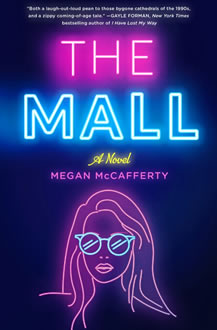
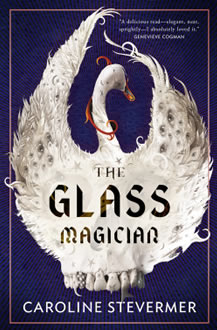
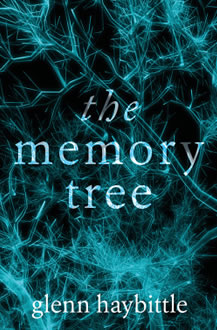
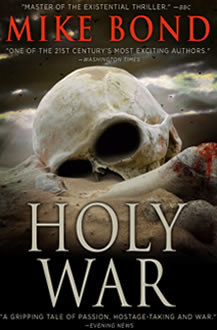
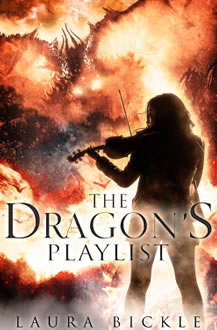
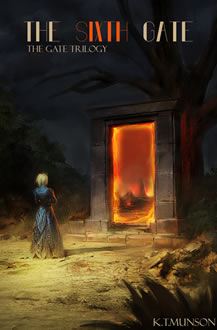
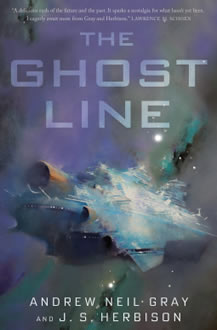
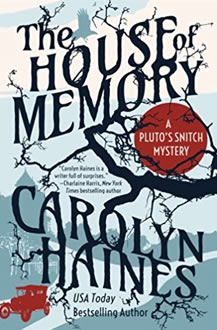
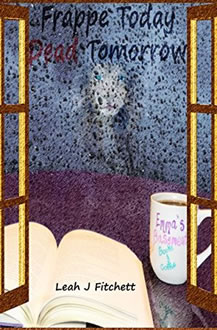
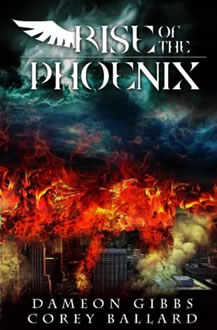
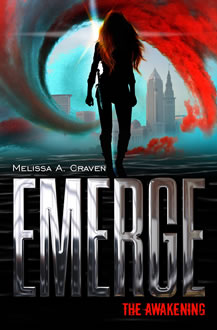
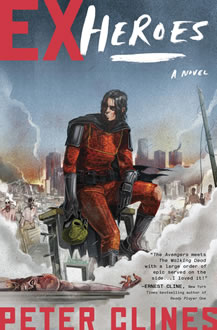
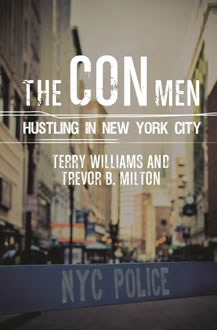
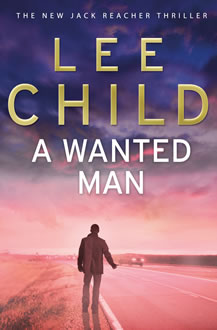
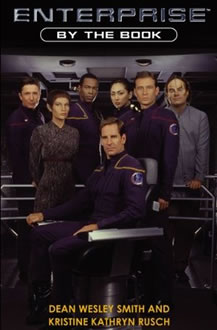
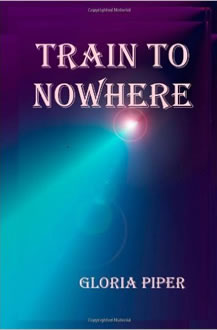




Hans G.
Your writing style is awesome, keep up the good work!
Travis Starnes
Thanks
efpierce
What an interesting interview! I like that you didn’t just ask the same old questions everyone else does. Your questions followed his answers very well, I found the segues to be perfect.